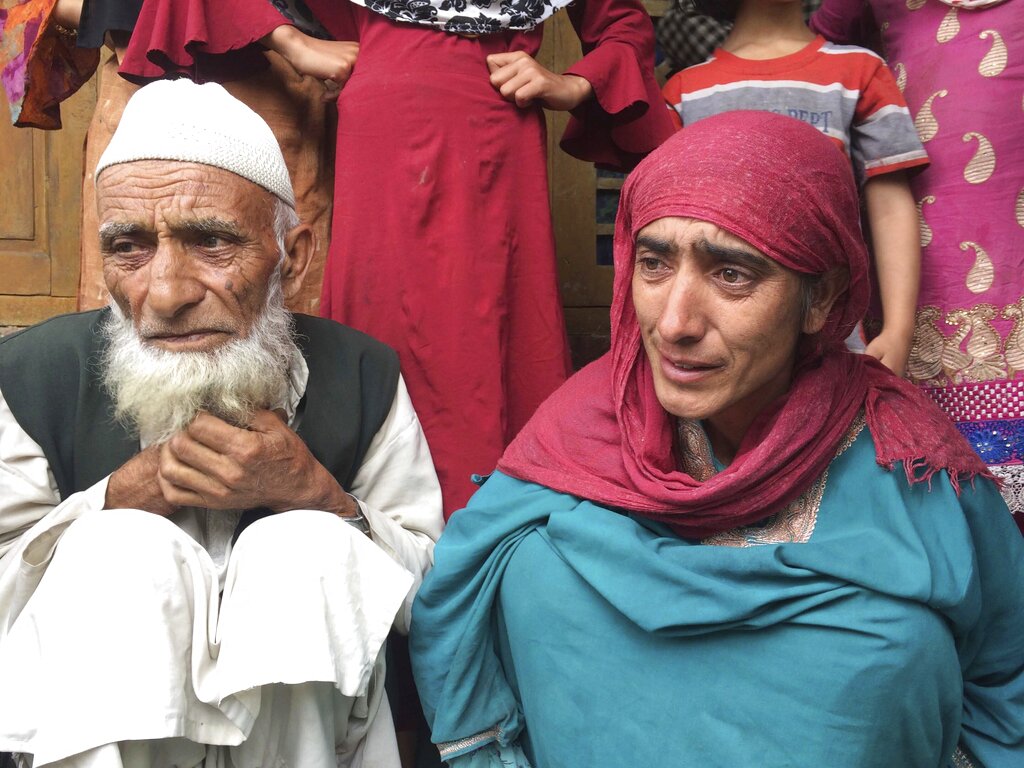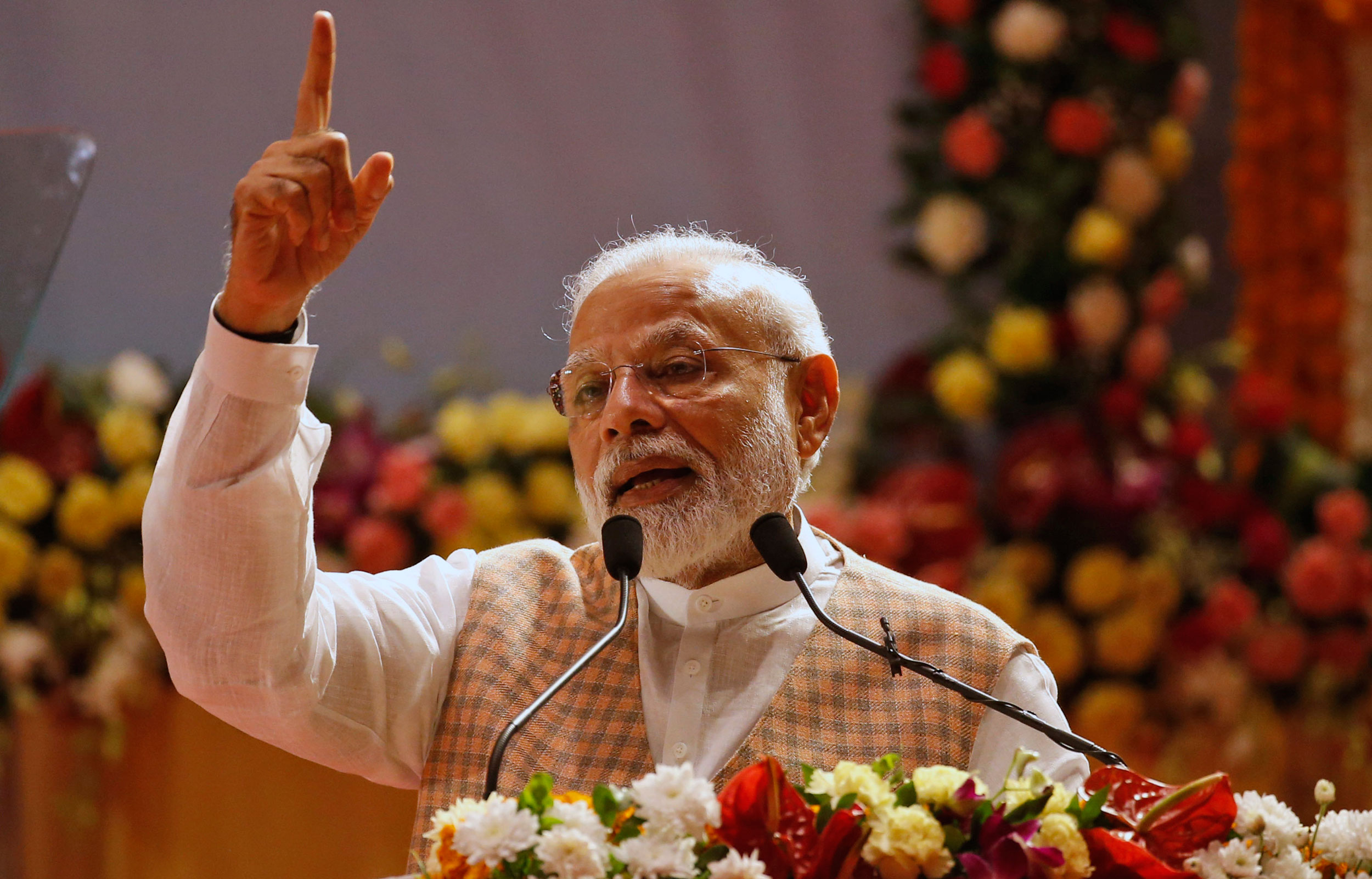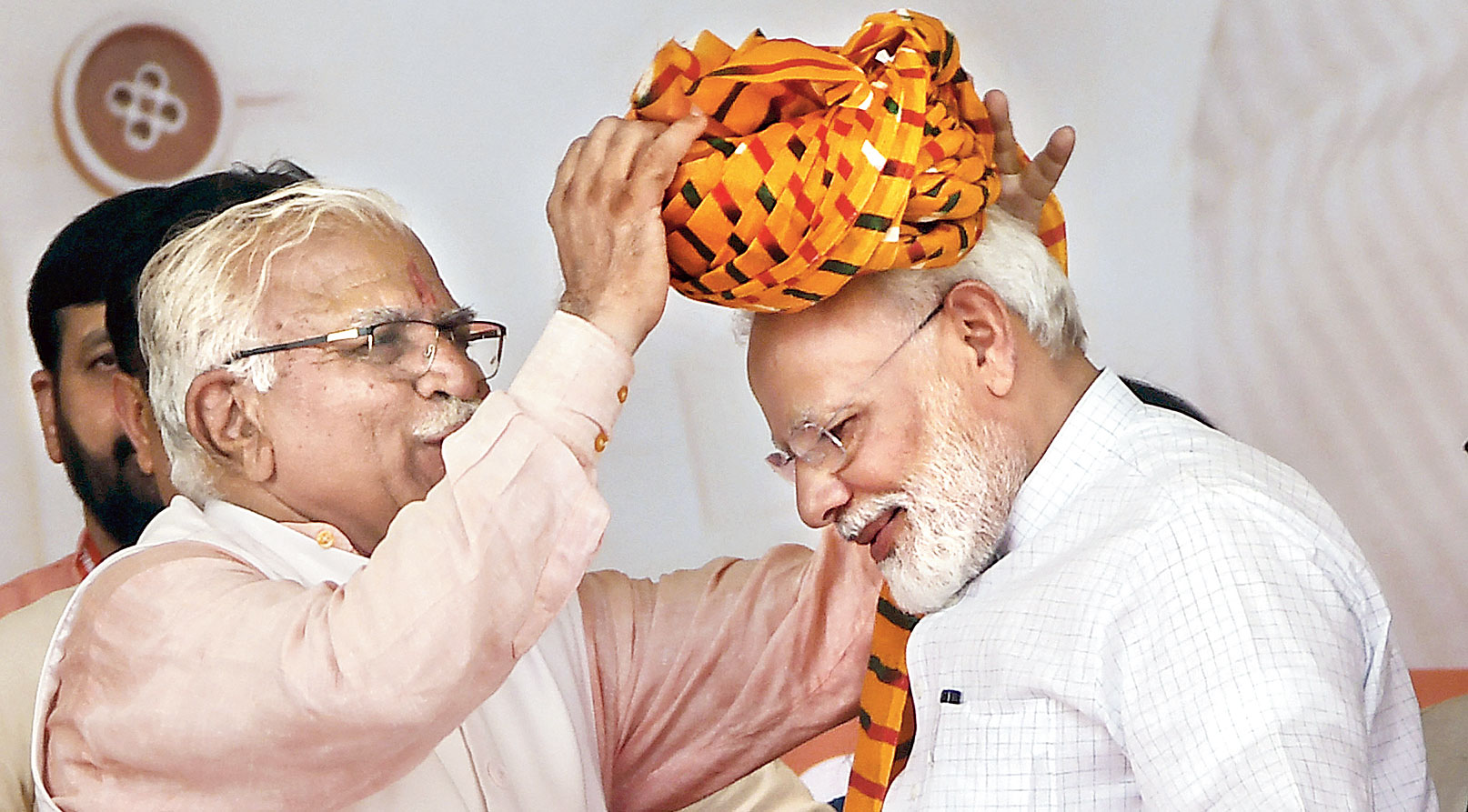Since August 5, I have been racked with one thought: how did our nation lose its soul to such an extent that so many celebrate the humiliation and misery of the people in Kashmir almost as if they were gloating over an imperial conquest? Even assuming momentarily that every one of Amit Shah’s arguments for abrogating Articles 370 and 35A has validity, elementary sense, not to mention constitutional propriety, demanded that the consent of the people of Kashmir, through their representatives in the legislative assembly, should have been obtained before such a move. When it has not been, and instead the political leaders of Kashmir are all in jail, and the valley itself under a severe clampdown, how can one pretend that these measures are for the good of the Kashmiri people? I kept coming back therefore to the question: what has happened to the soul of this nation which itself suffered long years of colonial oppression?
I now feel however that it is not as if people have simply become more communal or more chauvinistic or less sensitive. All these may be empirically true, but underlying them is the basic fact that people have lost ‘agency’. They have lost ‘agency’ to a ‘decisive leader’, a ‘saviour’; and they have been made to do so through an inculcation of insecurity and fear.
Contemporary India is characterized by pervasive fear. If you are a critic of the government, there is, first, the fear of being charged with sedition. If not sedition, there is the fear of being booked under the Unlawful Activities (Prevention) Act. Then there is the fear of being charged by the CBI or the Enforcement Directorate for some alleged financial misdemeanor. Then there are numerous busybodies who file FIRs against you for promoting “enmity” among people, which, if nothing else, wears you out completely. And all this while you face severe abuse from the army of trolls of the ruling party (Amartya Sen once mentioned that every time he opened his mouth he faced at least three hundred abusive trolls). Finally, there are the student disrupters, the roving lynch-mobs and the murderous gangs peddling Hindutva terror.
This basically means that only one side has an overwhelming voice; the rest are cowed into mumbling at best their opposition to the government. The political Opposition has a further fear. Since only one side gets a hearing, one that proclaims support for the government, even parties opposed to the government take that to be the expression of the public mood. They either cave in opportunistically, or tone down their opposition to government measures, so as ‘not to antagonize the public’. This happened with several regional parties on August 5.
The media are not immune to this fear; and the judiciary, too, is not uninfluenced by the goings-on around it. The few media houses that have dared to maintain some independence, are either denied government advertisements and hence struggle for survival, or, as in the case of a television channel, are charged with financial impropriety and face persecution. Even the Supreme Court which should be upholding the ‘majesty of the law’, is reduced to talking like some government official when it says that, since normalization takes time, the restrictions on the Kashmiri people’s rights cannot be taken up immediately. This can be stretched to saying that restrictions on the Kashmiri people’s rights will be taken up only when such restrictions no longer exist. The bail applications of Sudha Bharadwaj and others in the Bhima-Koregaon case, the cloning of evidence against whom may itself take months, have just started being heard because the prosecuting attorney is absent from court or arrives late, and fresh dates keep getting fixed; such is the level of judicial respect for human rights in contemporary India.
These, however, are specific fears; there are also the more basic fears imparted to people at large, of the ‘nation’s enemies’ waiting to strike: the terrorists attempting to subvert the nation, elements of the minority community aiding and abetting them, and universities nurturing ‘tukde-tukde’ gangs. Such fear creates the need for a ‘saviour’ who can protect people from these ‘enemies’.
Any such quest for a ‘strong leader’, a ‘saviour’, is a surrender of ‘agency’ by the people and is fundamentally anti-democratic. Democracy entails that the people should judge issues dispassionately on the basis of information provided to them by a free media; but if there are no free media, and the people are made to look under their beds for ‘enemies’, then not only is their capacity for judgment impaired, but fear makes them surrender their rights to the ‘saviour’.
The ‘saviour’ in turn has to impress people with his decisiveness and this he does through a series of spectacular decisions that are meant to ‘shock and awe’. The demonetization decision in November 2016 which disabled 85 per cent of the currency at one stroke and inflicted immense suffering on the people and disruption on the economy, was one such move. Ironically, the greater the suffering, the greater is the halo around the ‘saviour’: anyone who has the courage to inflict such suffering on people for the professed noble cause that supposedly occasions it, must be a truly fearless leader. Once the dialectics of the loss of ‘agency’ has set in, the more extreme and absurd the measure undertaken by the ‘saviour’, and hence the greater the people’s suffering, the more he is applauded.
The abrogation of Articles 370 and 35A is another such measure of “shock and awe”. The immense suffering of the Kashmiri people, far from being something that should arouse opposition to this measure, becomes, in this reified world where everything appears in an inverted form, an index of the courage and determination of the ‘saviour’, a cause for applause. True, there is a communal angle to the Kashmir development and to the backing it has received from many, but that is not all: there is a dialectical process of reification, leading to loss of ‘agency’ by the people on the one hand, and a strengthening of the position of the ‘saviour’ on the other, that is also at work. In fact, if because of the suffering of the people, the incidence of terrorist acts in the valley increases, then that will be used as retrospective justification for the ‘saviour’s’ decision to have abrogated Articles 370 and 35A.
The Bharatiya Janata Party’s massive victory in the elections also owes much to this dialectic. The people, existing within this reified universe and goaded by this fear, used their transient ‘agency’ as voters to surrender their perennial ‘agency’ as political thinkers and activists to the ‘saviour’. Why such a dialectic gets going is a matter that need not detain us here. But once it has, ever newer spectacular measures of “shock and awe” will keep getting announced which have immense potential to damage the nation.
Many believe that the economic crisis will break this dialectic and make people reassert their ‘agency’; this is likely, but there is no automaticity about it. This dialectic will no doubt end sometime, and a reverse dialectic set in that re-establishes the spirit of democratic assertiveness of the people. Until then, however, one just has to resist this all-pervasive fear.













